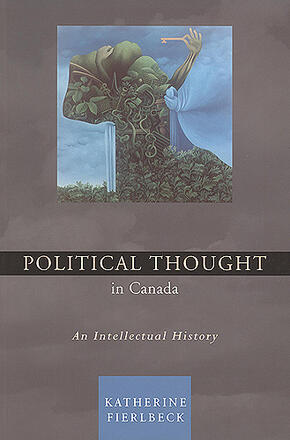
Political Thought in Canada
An Intellectual History
La description
What, if anything, makes Canada’s political identity unique? Pollsters can measure values, but they cannot explain how these values arose over time, why they changed, or how people have attempted to make sense of them within a changing social and political environment. By examining the history of political ideas in Canada, we can better understand why Canada takes the shape that it does. In this book, Katherine Fierlbeck looks at the legacy of ideas taken from (or shaped in reaction to) the nations that have been most influential to Canada’s development: the United Kingdom and the United States. The first section looks specifically at the nature of toryism, constitutional liberalism, and market liberalism. Then she examines the evolution of social justice in Canada. Does the country have, as J. S. Woodsworth hoped, a definitive "third way. " The final section focuses upon debates over cultural identity and minority rights. Contemporary political discussions in Canada are very much based upon the expressions of French-Canadian nationalism that have existed as long as, and perhaps even longer than, the country itself. How have these ideas influenced current thinking about culture and accommodation?
The experiences characterized by Canadian political thought also provide insight and ideas for nations around the world as their citizens struggle with similar questions. The political dynamics of the present are a product of how Canadians have viewed their country, or a vision of their country, in the past. These ideas of Canada, in history and in myth, provide a way of thinking about politics that may provoke and inspire Canadians—and others—to reflect upon their future.